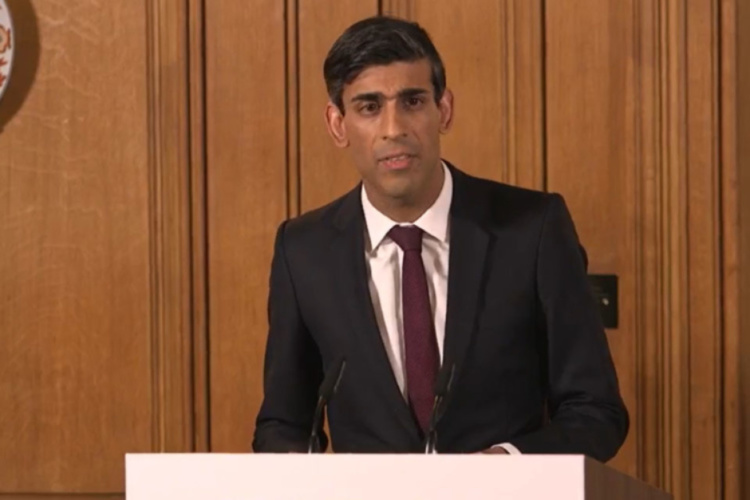This would help to avoid further shocks for manufacturers as they continue to grapple with challenging trading conditions says.
Reports suggest chancellor Rishi Sunak might be planning to increase the rate of Capital Gains Tax (CGT), possibly as high as 45 per cent. This could stifle entrepreneurial business plans and make it harder for SMEs in the manufacturing sector to invest in job creation and productivity improvements.
While some tax increases are expected, any decision to increase CGT above 38 per cent, the current rate of tax that applies to share dividends, could have a devastating effect on manufacturing businesses. Entrepreneurs would no longer have any tax incentive to invest in building up the value of a business in order to realise gains at the point of sale. The flow of investment into entrepreneurial businesses could start to dry up as a result, undermining the sector’s fragile economic recovery.

To avoid further shocks for manufacturers, England recommends a measured approach. Manufacturers are facing major supply chain and logistics challenges at the moment, due to rising costs and ongoing skills and material shortages, and the pandemic is continuing to cause disruption across the world too. Further shocks for businesses must be avoided and any tax increases should be phased to minimise any collateral damage for the economy.
With the 1.25 per cent increase in Employer NICs due to take effect in April 2022 and Corporation Tax set to rise from the current rate of 19 per cent, to 25 per cent in April 2023, it is clear that the tax landscape for businesses in the sector is getting much tougher.
For SMEs in particular, as headline rates of Corporation Tax and Employer NICs start to increase, it becomes even more important to manage inflationary pressures on the cost base carefully, to remain viable.
The rise of remote working and globally-spread teams during the pandemic poses a challenge to the UK tax base, particularly as ideas and people are two of the cornerstones of the UK industrial strategy. To retain top manufacturing talent and ensure that UK industry remains competitive on a global scale, support for innovative manufacturing businesses needs to be high on the agenda. This should include incentives focused on the development of the UK knowledge economy.
With COP26 on the horizon and to support the government’s net zero by 2050 target, the chancellor should introduce a range of green incentives and grants to encourage manufacturers to accelerate their journey towards sustainability and carbon neutrality.
The chancellor should also consider doing more to encourage business investment in innovation by exploring ways to enhance R&D tax relief. With a review currently underway, it is possible that the chancellor might consider removing the separate schemes that apply to SMEs and larger companies, in favour of a single one, for all businesses.
At a time when investment in innovation is a key focus for the government as the economy rebounds, R&D tax relief has a major role to play in encouraging manufacturing businesses of all sizes to invest in technologies, which could give them a competitive edge. Merging the scheme could really help, potentially making it easier to access.
Andrew England, tax partner at Menzies LLP.










Water Sector Talent Exodus Could Cripple The Sector
Well let´s do a little experiment. My last (10.4.25) half-yearly water/waste water bill from Severn Trent was £98.29. How much does not-for-profit Dŵr...